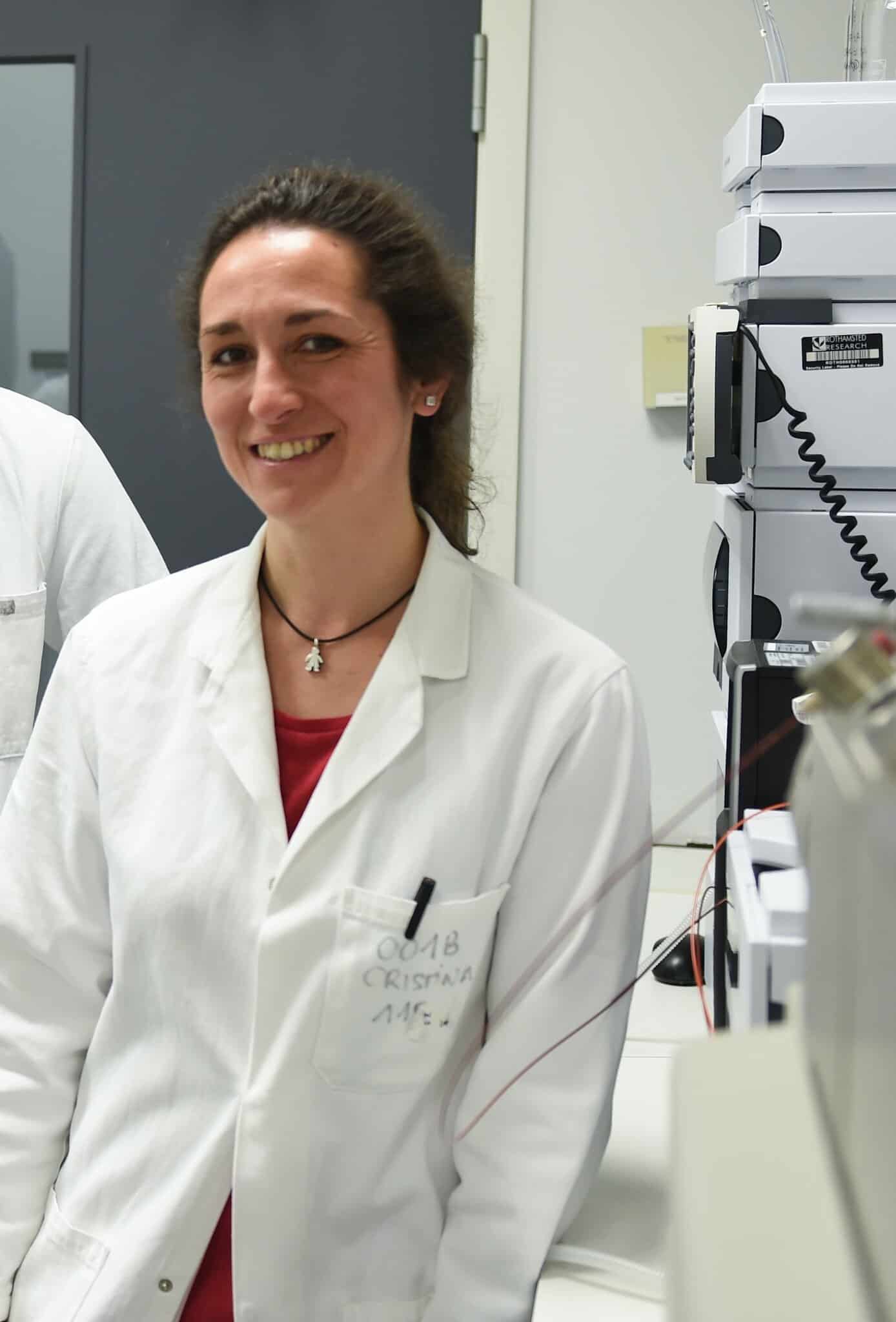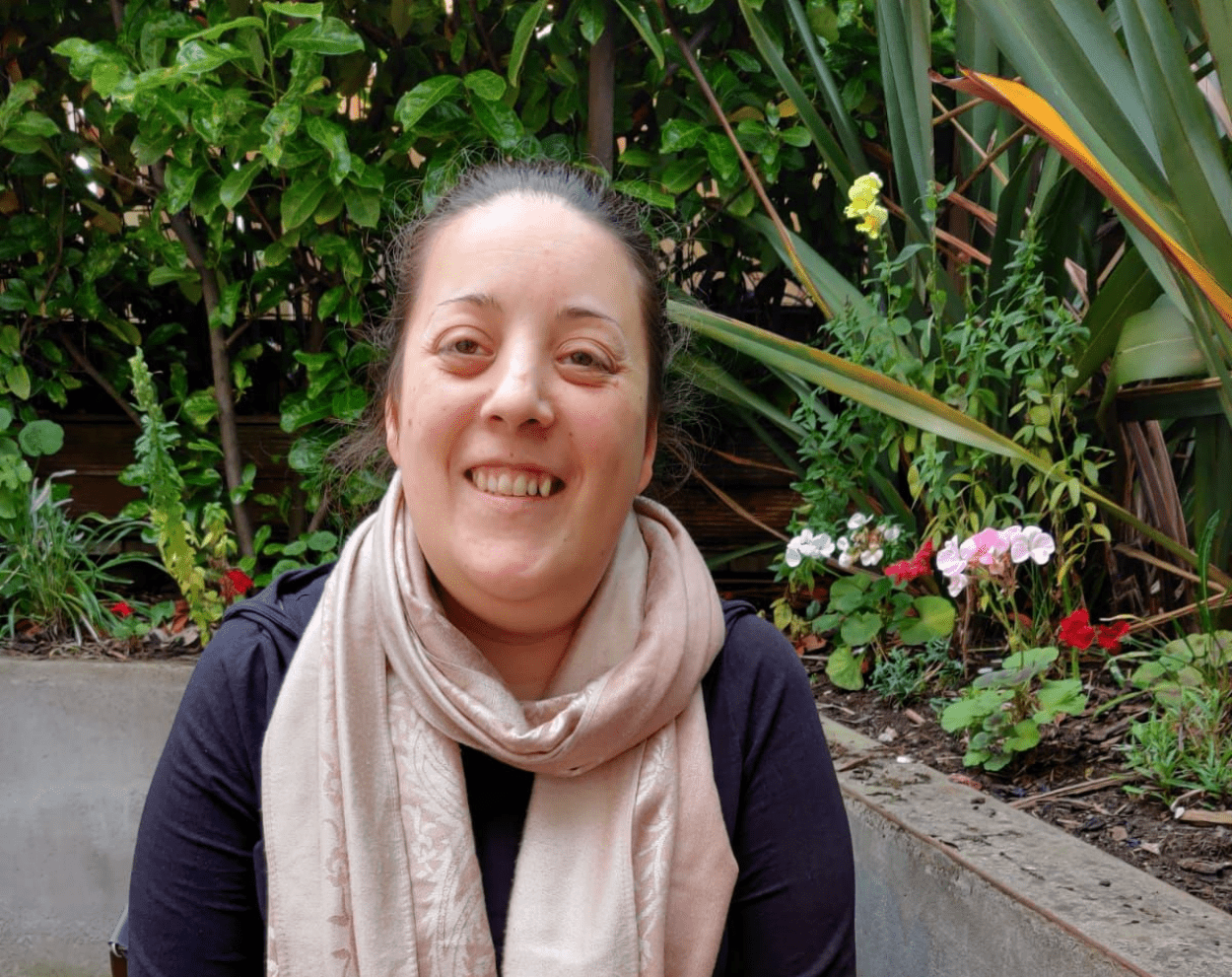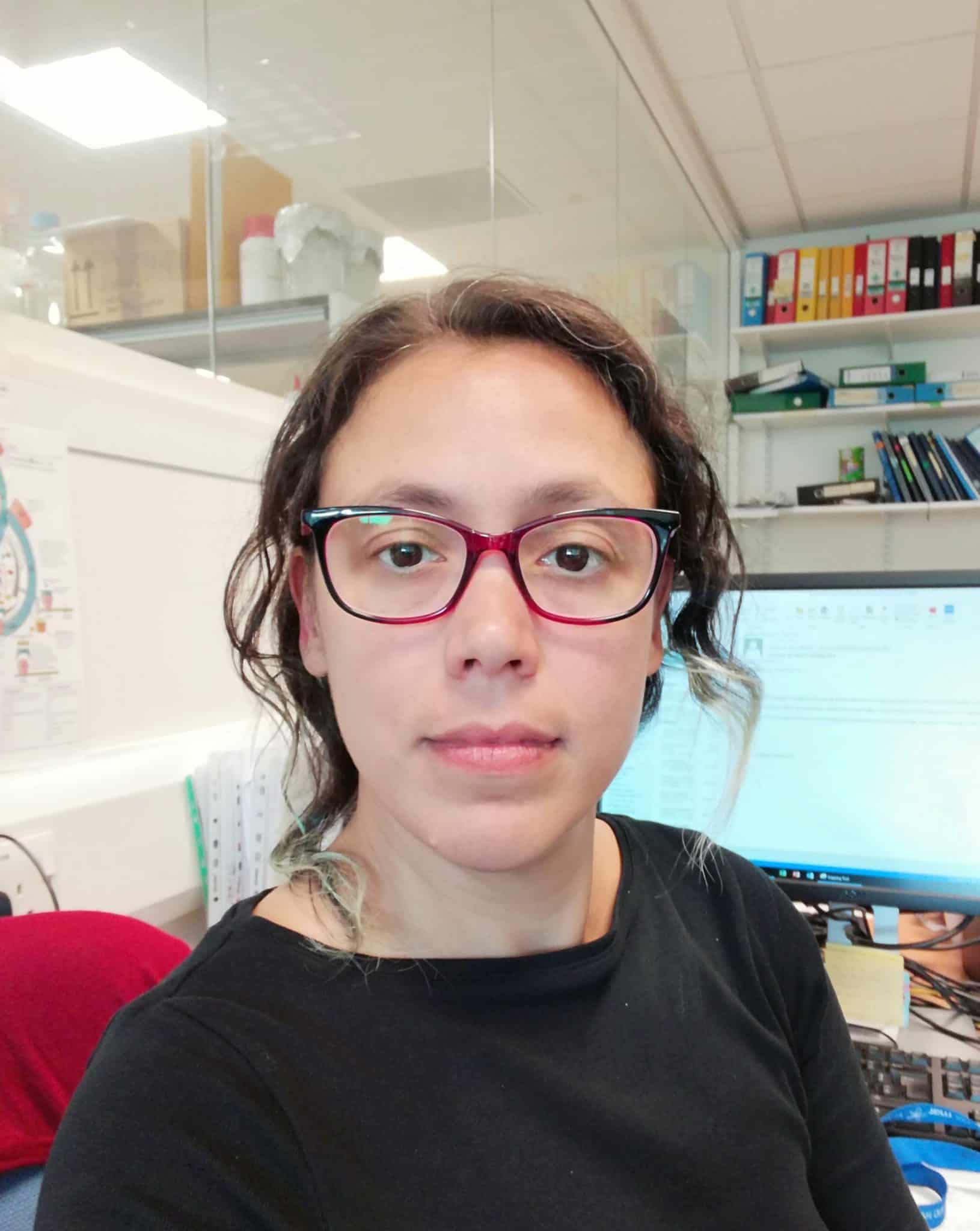The Department of International Collaborations bridges the collaboration gap between Spain and the UK, contributing to the success of both R&D systems.
Our team of volunteers works on establishing bilateral agreements between institutions and managing mobility fellowships. They develop useful soft skills such as negotiation, grant policy, project management and understanding of international relationships.
- Contact Our Team
Want to know more about our international collaborations? Feel free to reach out at [email protected].





